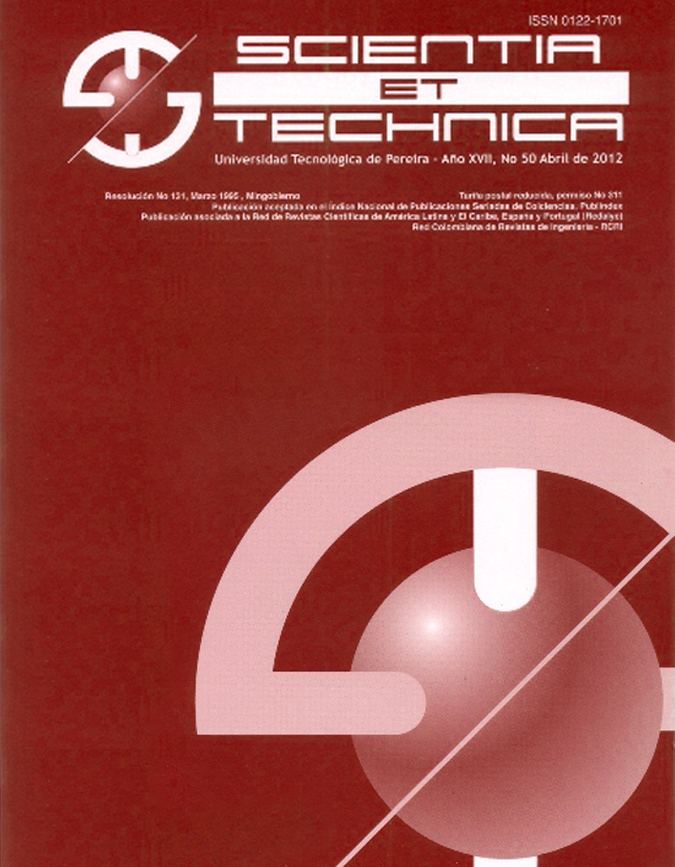Solución al problema de entrega de pedidos utilizando recocido simulado
Abstract
El objetivo de este trabajo es determinar la secuencia más favorable de entrega de pedidos y la ruta que permita a una empresa de comida rápida, cumplir con los tiempos de entrega comprometidos con los clientes. Se representó la ciudad como un dígrafo, se usó el algoritmo de Dijkstra para determinar las rutas y se empleó el algoritmo Recocido Simulado, para determinar el orden de entrega más favorable de un lote de pedidos evaluando el mínimo de pedidos tardíos(NT). Los resultados son comparados con los arrojados por la metodología usada por el domicilio.Downloads
Downloads
-
Vistas(Views): 1162
- PDF (Español (España)) Descargas(Downloads): 5450
Published
How to Cite
Issue
Section
License
Copyright (c) 2017 Scientia et technica

This work is licensed under a Creative Commons Attribution-NonCommercial-ShareAlike 4.0 International License.
Copyrights
The journal is free open access. The papers are published under the Creative Commons Attribution / Attribution-NonCommercial-NoDerivatives 4.0 International - CC BY-NC-ND 4.0 license. For this reason, the author or authors of a manuscript accepted for publication will yield all the economic rights to the Universidad Tecnológica of Pereira free of charge, taking into account the following:
In the event that the submitted manuscript is accepted for publication, the authors must grant permission to the journal, in unlimited time, to reproduce, to edit, distribute, exhibit and publish anywhere, either by means printed, electronic, databases, repositories, optical discs, Internet or any other required medium. In all cases, the journal preserves the obligation to respect, the moral rights of the authors, contained in article 30 of Law 23 of 1982 of the Government Colombian.
The transferors using ASSIGNMENT OF PATRIMONIAL RIGHTS letter declare that all the material that is part of the article is entirely free of copyright. Therefore, the authors are responsible for any litigation or related claim to intellectual property rights. They exonerate of all responsibility to the Universidad Tecnológica of Pereira (publishing entity) and the Scientia et Technica journal. Likewise, the authors accept that the work presented will be distributed in free open access, safeguarding copyright under the Creative Commons Attribution / Recognition-NonCommercial-NoDerivatives 4.0 International - https://creativecommons.org/licenses/by-nc-nd/4.0/deed.es license.



